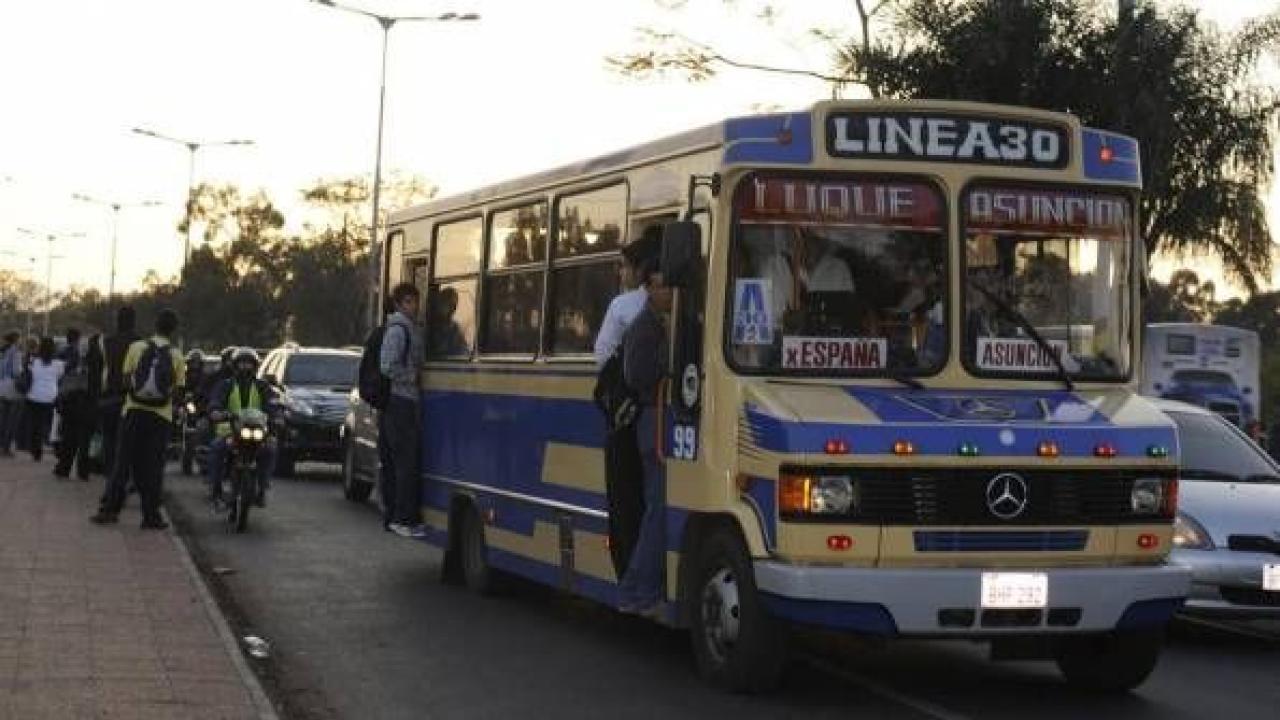
Progress in the established reforms will allow the government to receive part of the US$ 400 million granted by the Fund to finance the budget, of which the first US$ 100 million were already disbursed last June.
The agreement between the government of Paraguay and the International Monetary Fund (IMF) includes a series of reforms that must be implemented, including in the public transport sector, investments in public works and the financial system, in order to receive the full loan, US$ 400 million initially approved by the organization.
The list of reforms committed by the Paraguayan government within the IMF's "Resilience and Sustainability Facility" program involves the implementation of 13 measures during the years of the agreement.
Progress in the reforms will allow the government to receive part of the US$400 million granted by the Fund to finance the budget, of which the first US$100 million were already disbursed last June.
One of the changes that will be promoted includes the application of a “carbon tax on liquid fuels”, replacing the selective consumption tax that currently taxes the import of petroleum-derived fuels; as well as the implementation of electric public transport.
INEFFICIENT PUBLIC TRANSPORT
Public passenger transport is one of the most inefficient and expensive activities in the Guaraní country, which receives millions of dollars in state subsidies annually, paid for by taxpayers, but people continue to endure long hours of waiting, company-regulated, junk buses and traveling in overcrowded conditions every day.
The Paraguayan government, through the Vice Ministry of Transport, announced the presentation to Congress of a bill to reform public transport, but the terms are unknown because it was not socialized, according to complaints made by organizations in the sector.
On this issue, the annex of measures that the Executive submitted to Congress as part of the bill approving the IMF loan includes the electrification of private transport and public electric buses.
ELECTRICITY CHARGE IN CHARGE OF ANDE
According to the agreement, the Executive, through the Ministry of Public Works and Communications (MOPC) and its Vice-Ministries of Mines and Energy and Transport; the Ministry of Industry and Commerce (MIC) and the Ministry of Economy and Finance (MEF), will dictate the regulatory provisions of Law No. 6925/2023, "On Incentives and Promotion of Electric Transport in Paraguay."
He added that the MOPC and the Vice Ministry of Transport, in coordination with the Ministry of Industry and Commerce and the National Electricity Administration (ANDE), will be responsible for the additional public infrastructure for charging electricity.
“The Vice Ministry of Transport will lead the selection of the operational model and develop regulations for electric public transport in the metropolitan area of Asunción and will establish objectives to increase the percentage of electric buses in this area,” it states at this point.
The brief summary of the measures to be implemented does not mention dates or deadlines for the implementation of the programme.
CLIMATIC ASPECTS IN INVESTMENTS
Other reforms envisaged in the agreement include a public investment management approach geared towards projects that are economically and environmentally sustainable.
On this subject, it indicates that the Executive, through the MEF, will establish the complementary provisions to Decree No. 4436/20, with the objective of incorporating climatic aspects in each stage of the development of public investment projects (assessment, selection, external audit, etc.) following the recommendations of the IMF's technical assistance.
It also includes the green taxonomy, for which the MEF and the Central Bank of Paraguay (BCP) will develop a green taxonomy aligned with the "Nationally Determined Contributions (NDC) of Paraguay", which will allow for the clear identification and classification of environmentally sustainable economic activities in order to facilitate the mobilization of national and international financial resources in support of climate change adaptation and mitigation efforts, it states.










